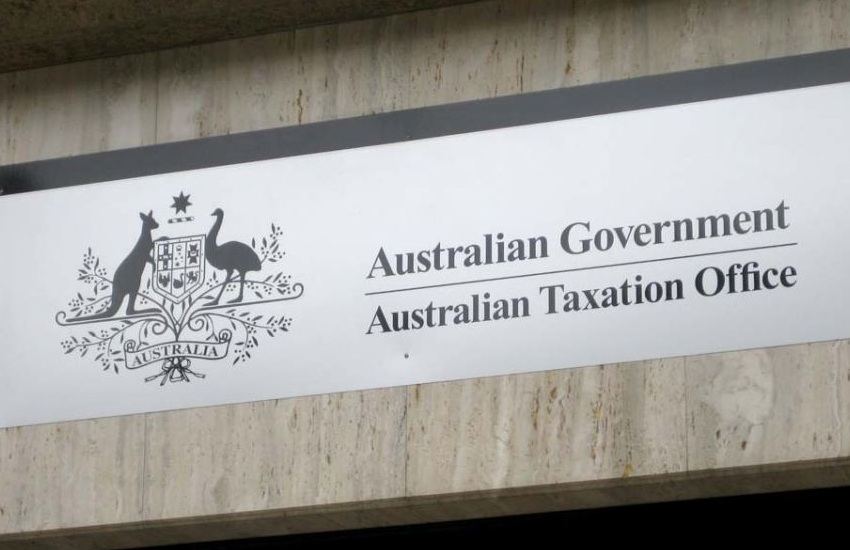ATO defends stance on draft 100A
Tax“Retrospectivity” is standard practice, the office says, and promoter penalties are no obstacle to advice.

The ATO has spoken out in defence of its section 100A draft ruling after a chorus of negative comments by accountants.
It said 100A was an anti-avoidance provision and its application since 2014 was consistent with the draft ruling published last month.
The ATO assistant commissioner in the Office of Chief Tax Counsel, Justin Dearness, said there was no specific compliance program in place and only in “exceptional circumstances” would it consider cases prior to 2014.
Speaking on a webinar hosted by Brisbane-based ChangeGPS, Mr Dearness worked through issues that have generated a month of angry feedback from tax agents.
Concerns over one hot-button issue, promoter penalties, were misplaced, he said.
“Taxpayer alerts have a standard way of being presented and they are meant to identify the full range of remedies that might be available for anyone operating in the market,” Mr Dearness said.
“Don’t take this general messaging as an indication that the ATO is out there looking for referrals.
“The promoter penalty laws are not intended to obstruct tax adviser and intermediaries from giving particular advice to their clients.”
On another key concern, retrospectivity, Mr Dearness said it was correct to say that 100A applies before and after its release, but this was standard practice and for consistency, could not be avoided.
“You can’t say that my view of the law on this day is x, but if you want to know what my view of the law was two years ago – then that was different,” Mr Dearness said.
“The Commissioner has a duty to be consistent about how we view the actual application of the law.”
Despite this, he said the Practical Compliance Guideline meant looking back prior to 2014 would be an issue only for the “very exceptional” cases.
He said the Commissioner had limited resources and had to use them efficiently, so a scaled response was unavoidable.
Mr Dearness said: “So it’s open to the Commissioner to say, ‘We won’t be looking back extensively to prior years because it’s just too costly and expensive, even if we have the view that arrangements do not actually comport with how we believe the law applies’.
“So it’s not going to be the case of the Commissioner going out with compliance teams to test these arrangements.
“The Commissioner has no specific compliance program in relation to release of this public guidance.”
Mr Dearness said the 100A draft ruling had a clear target in tax avoidance and its exception for ordinary family and commercial dealings meant it fitted squarely into existing trust taxation arrangements.
But problems had the potential to arise when one person was entitled, but another person enjoyed the benefits.
He said it might involve complexity or contrivance that could not be explained away by achieving family or commercial objectives, and agreements could be inferred as well as more formal – especially where repeated behaviour was involved.
Mr Dearness said: “The point about the need for there to be an agreement, arrangement or understanding between the parties for the reimbursement agreement at the time when the entitlement is created was the principal foundation of the decision of the Federal Court in Guardian (Guardian AIT Pty Ltd ATF Australian Investment Trust v FCT [2021]).
“So in that sense, in principle, what was endorsed by the Full Federal Court in Guardian is quite consistent [with] the Commissioner’s view in the ruling.”
And Mr Dearness offered a summary practice pointer on the operation of section 100A: “If you’re considering a distribution and then there’s an underlying agreement that some payment is going to be made to someone else, and when you step back from it and say that the only reason this is being done is to achieve a tax advantage, then I would suggest that you at least have a section 100A question to consider.”




